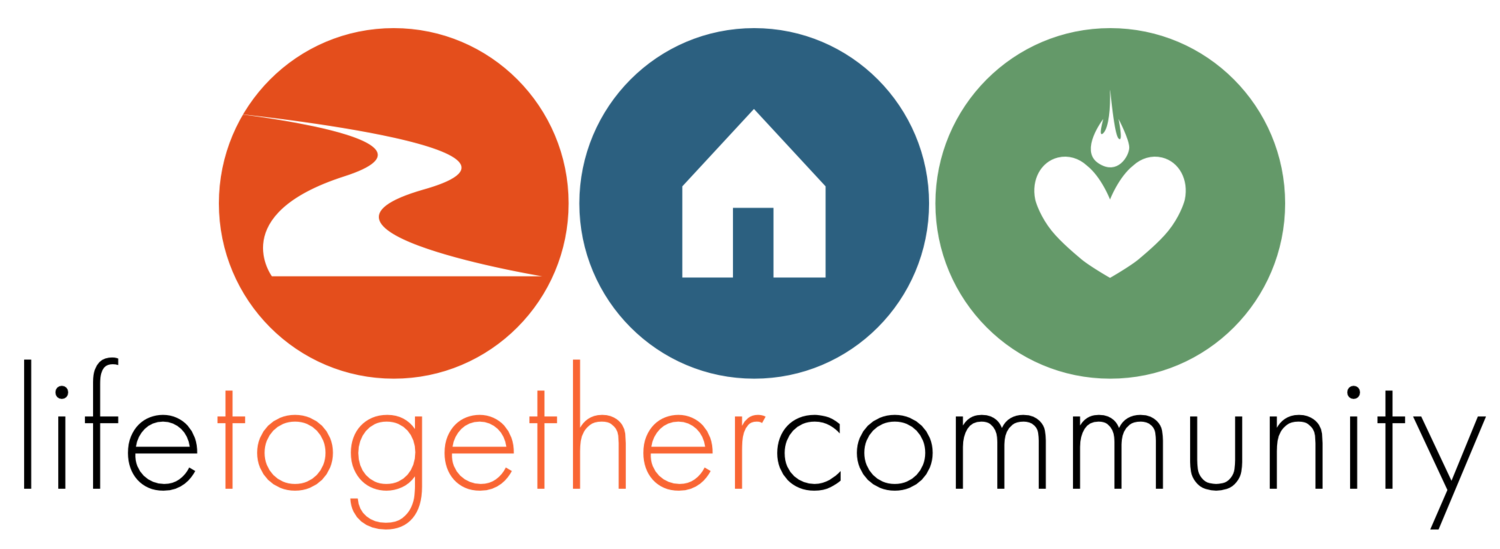On October 29th, 2014, more than 300 young people gathered in an SEIU meeting room in downtown Boston to hear from four candidates running for governor of Massachusetts. The forum came when the race was coming down to the wire. With less than a week before election day, the candidates answered demands and questions about youth jobs funding, affordable access to the T, environmental justice initiatives, and also committed to meeting with youth leaders within the first 100 days of their first term.
As a 2nd year Emmaus fellow working with the Youth Jobs Coalition (YJC), it was my great joy to support several of our youth organizers to pull off such a powerful event. The relationships I have had the privilege to make with the youth organizers at the YJC are transforming me. They hold me accountable to my privileges as a young, well-educated, white man and ask me to be something more than just another white face looking to make a difference. Without the support of Life Together, I couldn't have relationships and experiences like this.
Moments like the YJC gubernatorial forum remind me how much work there remains to be done. Not just in this city or state but across our country and the world. Sometimes it can be overwhelming to look out and not sink into despair. As events ripple out from Ferguson, we stand on the precipice of another awakening to the depths of our country's racist roots. Across the globe, we see the results of our economic system built on greed playing out in Hong Kong, Palestine, and Mexico City. It is hard to feel like we can do anything to make a difference.
It is my hope, however, that the work of Life Together, in collaboration with many other small acts of radical vision, can make a difference. When we set our minds and lives to practicing contemplation, community, and acting prophetically, we alter the landscape of what is possible for ourselves and others. When institutions like the Episcopal Church and Life Together support individuals to live radically, change can happen, albeit slowly.
The young people I organize with have asked me: what is Life Together? They have asked me why I live in community, why I chose to have faith, and why I chose to do this work. I tell them that Life Together allows me to make choices in this world that are often looked down upon, if only because those choices (lived out) serve to criticize that which is broken and oppressive. I tell them that I am a part of Life Together because it gives me hope that I will be able to support others to make those same radical choices.
